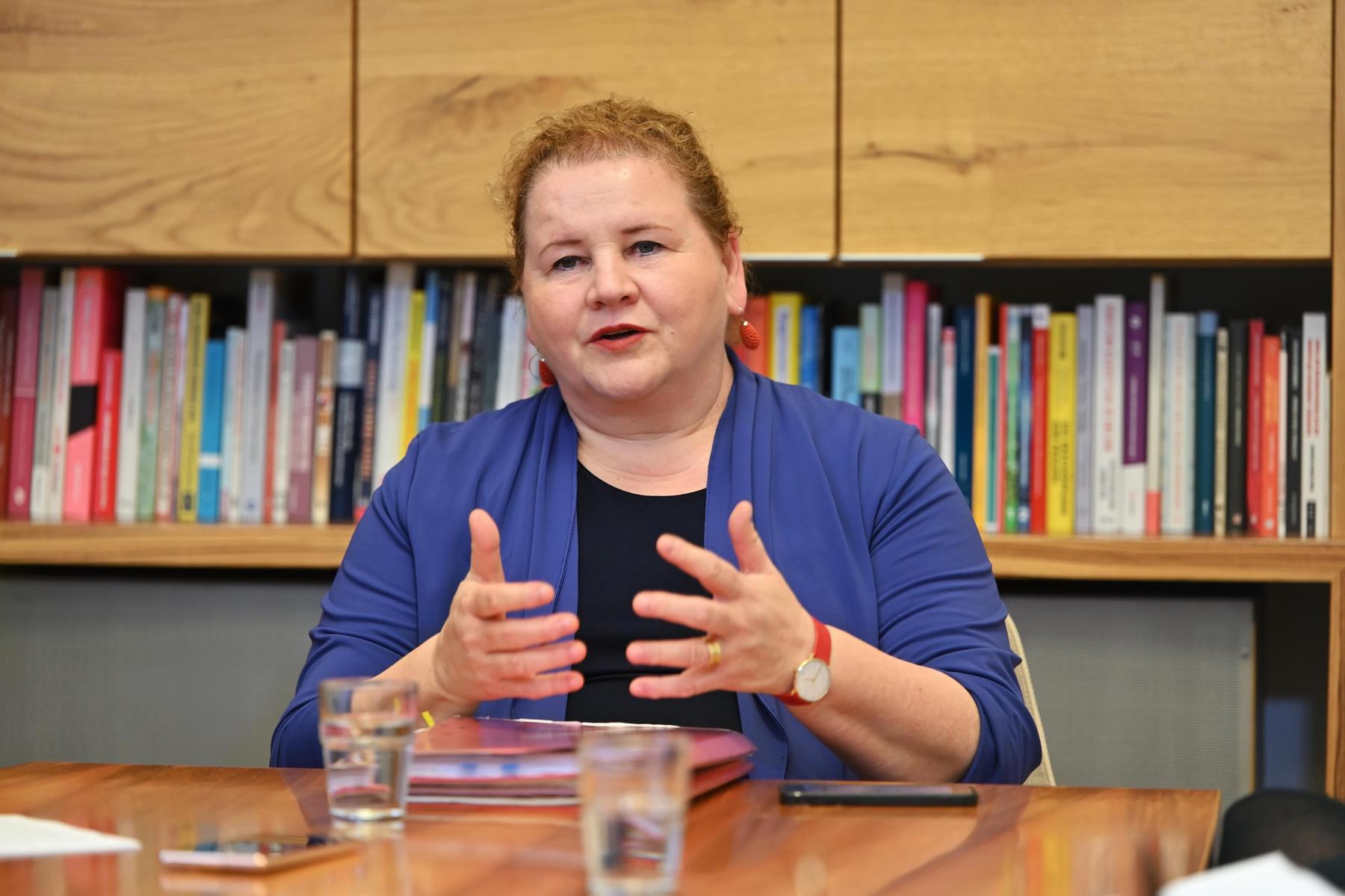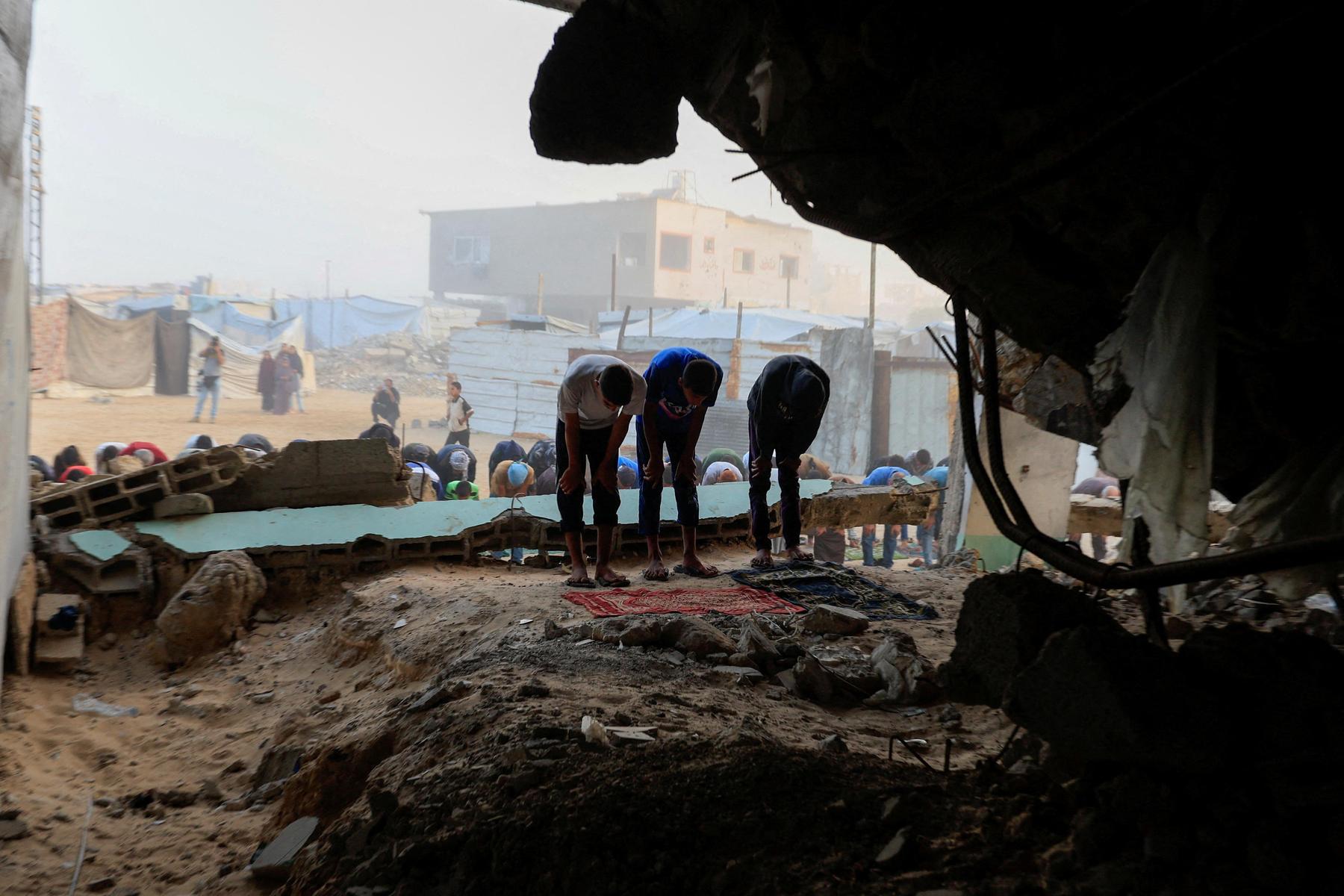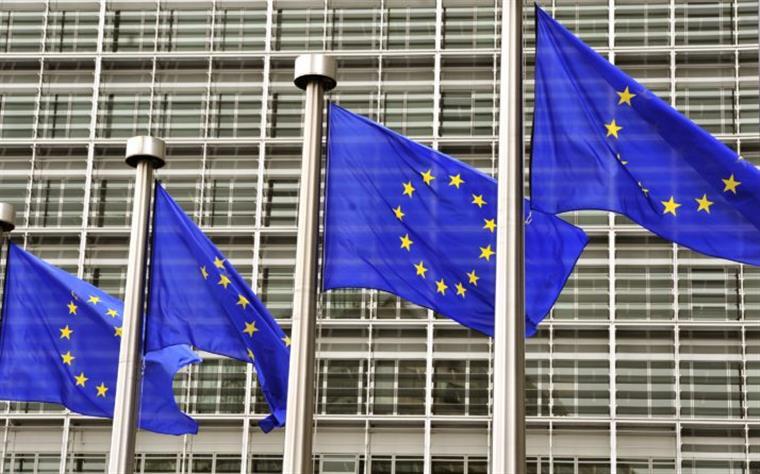Wash my fur, but don’t get me wet – the press.com

Although there is talk of binding pension paths in the government program, no ambulance fee should be introduced. The measures mentioned instead are toothless.
If someone else needed further proof of the creeping decay of the Austrian health system, he will find it in the Monday Survey under hospital doctors. In it, 62 percent of the respondents state that they would not vote for this profession again: too many patients in too little time, exuberant bureaucracy and working hours that hardly allow a reasonable work-life balance. The frustration level is enormous – and increased compared to the last survey in 2019.
Against this background, it is one of the most important and sensible intentions of the government to establish « clear, binding, quality -assured supply paths according to nationwide standards », as the coalition program says. The Medical Association also once again called for « uniform, nationwide and binding patient steering to relieve the hospital samples » on Monday. And names the Netherlands as an example, where no one can visit a hospital outpatient clinic without a transfer by a resident doctor.
1450 and primary care units
The problem of lack of patient steering in Austria therefore seems to have been recognized by several sides, also in its dimension and urgency. All the more surprising are the proposals of solutions by Minister of Health Korinna Schumann and State Secretary Ulrike Königsberger-Ludwig (Both SPÖ), which instead of effective measures such as an ambulance fee or a home or specialist transfer as a prerequisite for the use of a hospital sorry for digitization, the health hotline 1450, the expansion of primary care units (PVE) and general practitioners want to rely as health pilots.
Now these are all levers that can certainly result in improvements in the health system, but they will not lead to a functioning patient steering. They are simply too toothless, too little binding.
Do not punish patients
The foundation of the minister or the State Secretary for her point of view is particularly noteworthy: nobody gets sick voluntarily. The patients should not be punished for this.
For months of waiting for treatments and operations, rapid handling in hospitals and ordinations without adequate care, as well as stressed and tired doctors, Schumann and Königsberger-Ludwig apparently do not constitute an unreasonable burden or punishment for patients.
Other countries than role models
It is simply negated that patients could also benefit from access restrictions to ambulances. Council mechanisms in Scandinavian countries (in which the health system is significantly better positioned than in Austria) have been used for years and are also required by health experts in Austria. The implementation, for example, would be conceivable, for example, which is due when visiting a hospital legacy, provided that it is not a clear emergency. Or with transfers from a home or specialist, without which treatment in an outpatient clinic is not even possible.
Both measures would not cost anything and help to ensure that patients are cared for in the medically and economically efficient place within the health system. Everyone would benefit from this – patients as well as doctors, nurses and the economy. As is well known, the majority of the patients who go to hospital samples do not need the infrastructure there.
In view of the state in which the Austrian healthcare system is located, it is very simple: the hospital doctors are not always there for them, as was said in a 2009 image campaign of the Medical Association. But only if you really need you and nobody else in the health system can help you.
The representation of the doctors now seems to have the terms. The representation of the population is not.
Emails to:







